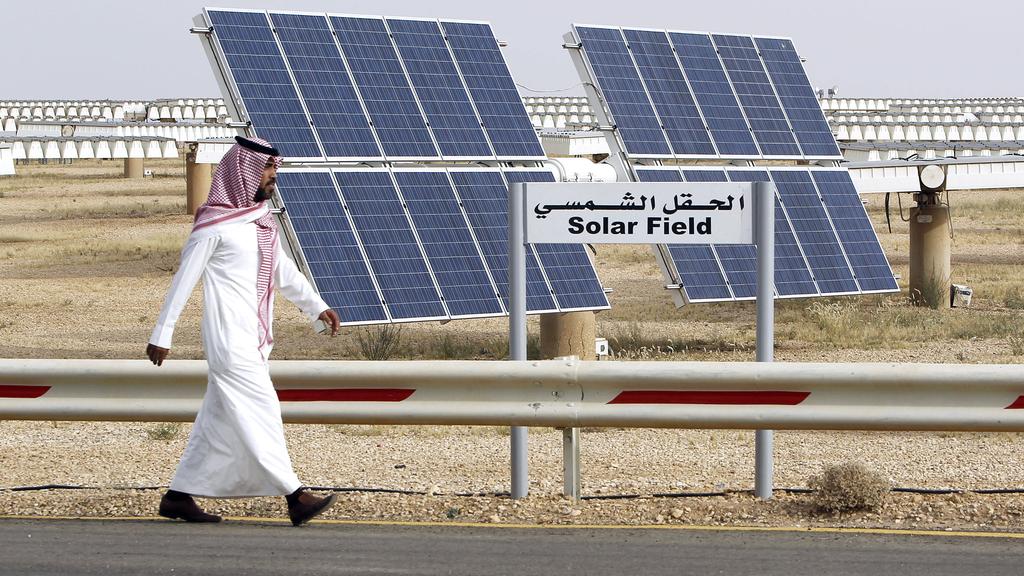New industry watchdog expected to boost Bahrain’s real estate demand
The launch of Bahrain’s Real Estate Regulatory Authority (RERA) on March 1 seeks to drive growth in the real estate sector by improving industry standards and transparency, moves that could increase foreign investment.
RERA is charged with overseeing the property sector, regulating the planning and development process, and licensing service providers, and will be responsible for reinforcing the rules governing real estate brokerage, property valuation, property management, and owners’ associations and gated communities.
Under the new regulations, all real estate professionals, including developers, brokers and sales agents, must be registered with the authority before September 1, while all prospective off-plan projects will require RERA approval before they can be marketed.
The measures are aimed at improving accountability and ensuring the viability of projects, with the hope that increased transparency will boost confidence in the sector and prevent delays to approved developments.
In late March RERA announced that nine project development companies had already been granted licences, while six off-plan developments had also been approved.
Regulator set to raise foreign investment appeal
As a result of its regulatory presence, RERA is expected to encourage greater foreign capital inflows to the sector, with industry figures optimistic the new laws and guidelines will boost investor sentiment.
“We are confident that by creating a secure and transparent real estate market, the interests of consumers, investors, brokers, developers, financiers and all stakeholders will be safeguarded. RERA will make an important contribution to Bahrain’s economic growth and increase foreign investment,” Sheikh Mohammed bin Khalifa Al Khalifa, the CEO of RERA, said upon its launch.
To promote the interests of all stakeholders, private sector representatives feature on the RERA board, an approach Sheikh Mohammed says will support the local market to face challenges and implement international best practices.
“Confidence in the real estate market will also be enhanced by lifting the standards of professionals working in the sector through continuous professional development,” he told OBG shortly after the agency commenced operations.
There is also positive sentiment among developers, with Aaref Hejres, chairman of the Bahrain Property Development Association, saying the reforms to the regulatory environment should help attract overseas investment into the sector.
“The first thing investors look at when considering coming to the country is the regulation, and this law and authority are essential to attract foreign investors and buyers in real estate,” he told OBG.
The establishment of RERA is expected to complement previous efforts to attract private investment into the property market. In 2016 the kingdom removed previous restrictions, allowing overseas investors 100% ownership in real estate.
“Investors want confidence. Through the establishment of RERA and regulations to protect all related parties, everyone is willing to go through an extra process or even pay additional fees if there is clarity on how to comply, as well as transparency,” Mohamed Abdulelah Alkooheji, CEO of Amlak, the real estate investment arm of the Social Insurance Organisation, told OBG.
Oil activity expected to improve property demand
The launch of RERA comes at a time of stabilisation in the property market, following sharp falls in residential rents in recent years.
According to consultants Cluttons, rental prices firmed in the third quarter of 2017; however, they remained 16.2% lower than the same period in 2016, with oversupply cited as a major factor weighing on the market.
Demand could be supported by steady economic growth, with Bahrain’s Economic Development Board forecasting GDP growth of 3.5% this year, building on the 3.6% recorded in the first nine months of 2017.
In the longer term, however, demand for rental and sales properties in the residential segment is expected to be fed by greater activity in the oil sector.
In April officials announced the discovery of offshore energy deposits consisting of an estimated 80bn barrels of shale oil and up to 20trn cu feet of gas, respectively, which should boost economic growth in the years to come.
The expected increase in oil industry activity looks set to increase demand for specialised personnel in the kingdom, subsequently supporting real estate growth.






